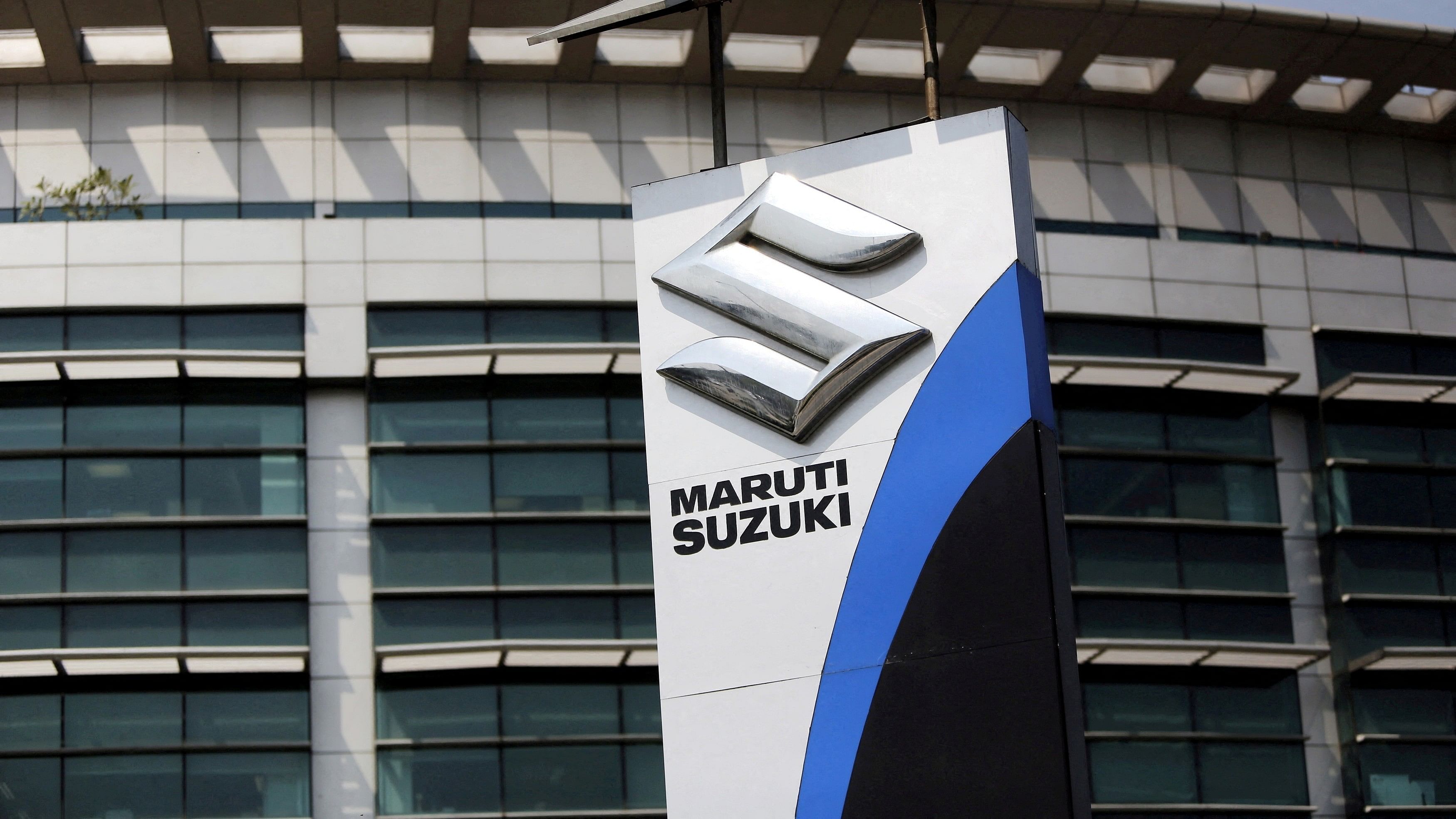
Corporate office of Maruti Suzuki India Limited is pictured in New Delhi, India.
Credit: Reuters File Photo
India’s largest carmaker Maruti Suzuki, on Monday, announced that it will increase the prices of its cars from January 2024, owing to inflation and increased commodity prices. It did not reveal the quantum of price hikes but has indicated it will vary across models.
"The company has planned to increase the prices of its cars in January 2024 on account of increased cost pressure driven by overall inflation and increased commodity prices," it said in a regulatory filing.
This comes less than a month after Maruti Suzuki Chairman RC Bhargava highlighted that the slowdown in sales of entry-level cars is due to the rising prices of the vehicles. He also stressed that the Indian car market cannot sustain growth without a demand boost in this segment.
Maruti Suzuki had last hiked the prices of its cars by 0.8% across the model range from April 1.
Amid rising production costs and overall inflation, the auto industry seems to be bracing for a period of price adjustments. German luxury car maker Audi also announced a price increase of up to 2% for its vehicles effective from January 1, 2024, citing rising supply-chain-related input and operational costs. Others including Tata Motors and Mahindra & Mahindra are also reportedly increasing the prices of their models from January.
Industry experts expect other automakers to follow suit and increase car prices in January.
“Make the best of the year-end discounts available now, in January most automakers will increase the prices,” suggested Anurag Singh, managing director at consultancy firm Primus Partners.
“While higher input costs driven by higher electronics and component costs is an important factor, automakers traditionally announce price hikes starting in January as one of the techniques adopted for boosting year-end sales and for stock clearance,” said Som Kapoor, Partner, EY India.
Experts suggested this could temporarily impact the sales customer sentiment, however, not the growth of the auto industry in the long-term.
“The Indian customers will feel the pinch very much as they will pay more for the same vehicle,” Singh underscored. “Despite the expected price rise, the Indian passenger market is expected to remain buoyant for the next few months,” he added.
“We are anticipating a decrease in the volume compared to H1, primarily due to elevated inventory on the retail side, which may negatively impact expectations but could result in improved realisations for companies,” said Saji John, research analyst at Geojit Financial Services adding that the resolution of semiconductor challenges, urbanisation trends, and a robust order book in the UV (utility vehicles) space are expected to alleviate pressure in the short term.
Audi